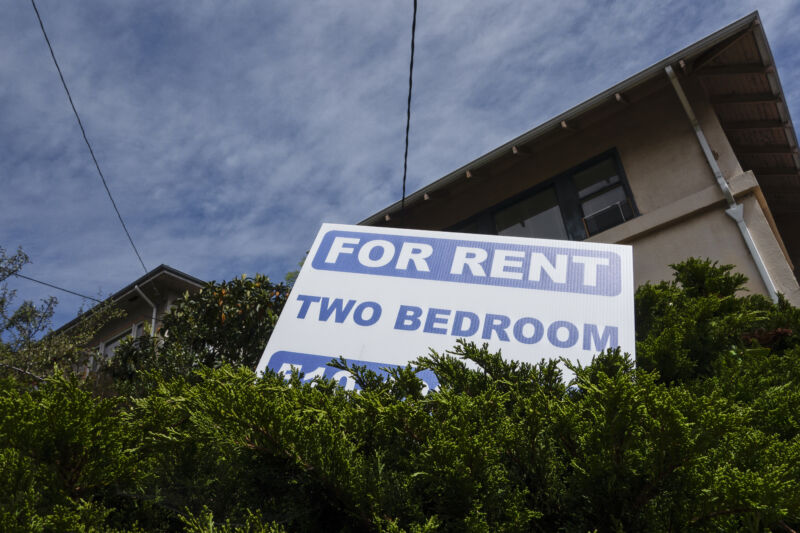you can’t do that —
Google said it’s “working closely” with regulators who sued Facebook over same.
Kate Cox
–

Enlarge / A sign on the street is visible to anyone who walks or drives by. A sign online can be strategically, and illegally, targeted away from people against whom you may have a bias.
Google is taking action to reduce unlawful discrimination on its advertising platform a year after the federal government sued its largest competitor, Facebook, over the same thing.
The company is “introducing a new personalized advertising policy for certain types of ads,” a Google executive shared in a company blog post today. The policy prohibits entities placing ads for employment, housing, or credit services from targeting or excluding ads “based on gender, age, parental status, marital status, or ZIP Code.”
The federal Fair Housing Act explicitly prohibits landlords and sellers from discriminating against potential renters or buyers on the basis of race, color, national origin, religion, sex, familial status, or disability. (“Family status” includes a ban on discriminating against someone who is pregnant or families with children.) That applies to the advertising of units as well as who actually gets to sign the lease or the mortgage and what they have to pay.
Google already prohibits personalization based explicitly on “race, religion, ethnicity, sexual orientation, national origin, or disability,” the post explains. Some of today’s new additions to the list, such as marital or parental status, are already protected categories. Others, such as ZIP code, can all too easily be used as proxies for other categories, such as race or ethnicity, as many existing neighborhoods are highly segregated.
This is not a new problem, and Google—which dominates the online advertising market—is not alone. A ProPublica report in 2016 found that Facebook’s system allowed for the placement of housing ads to groups that explicitly excluded certain “ethnic affinities.” A group of users sued Facebook shortly after, alleging that the site was violating federal law. Facebook promised to do better, but a full year later, in 2017, ProPublica was still able to place explicitly discriminatory rental ads, despite updated Facebook policies theoretically prohibiting the practice.
In 2019, the Department of Housing and Urban Development took legal action, alleging Facebook was acting in violation of the Fair Housing Act by “encouraging, enabling, and causing housing discrimination through the company’s advertising platform.”
Google said in its update that it has been “working closely” with HUD on these changes. “As part of our effort, we’ll provide housing advertisers with additional information about fair housing to help ensure they are acting in ways that support access to housing opportunities,” Google added.
HUD Secretary Ben Carson also issued a statement about the new Google policy. “Advertising practices may continue to evolve, but our nation’s laws are unwavering,” Carson said. “It is one of our key duties at HUD to enforce the Fair Housing Act and ensure that all Americans have housing choice. Improvements are underway in the online advertising space, and HUD encourages platforms, such as Google, to take these types of steps to eliminate unlawful discrimination in advertising and seek to ensure compliance with our nation’s Fair Housing laws.”
